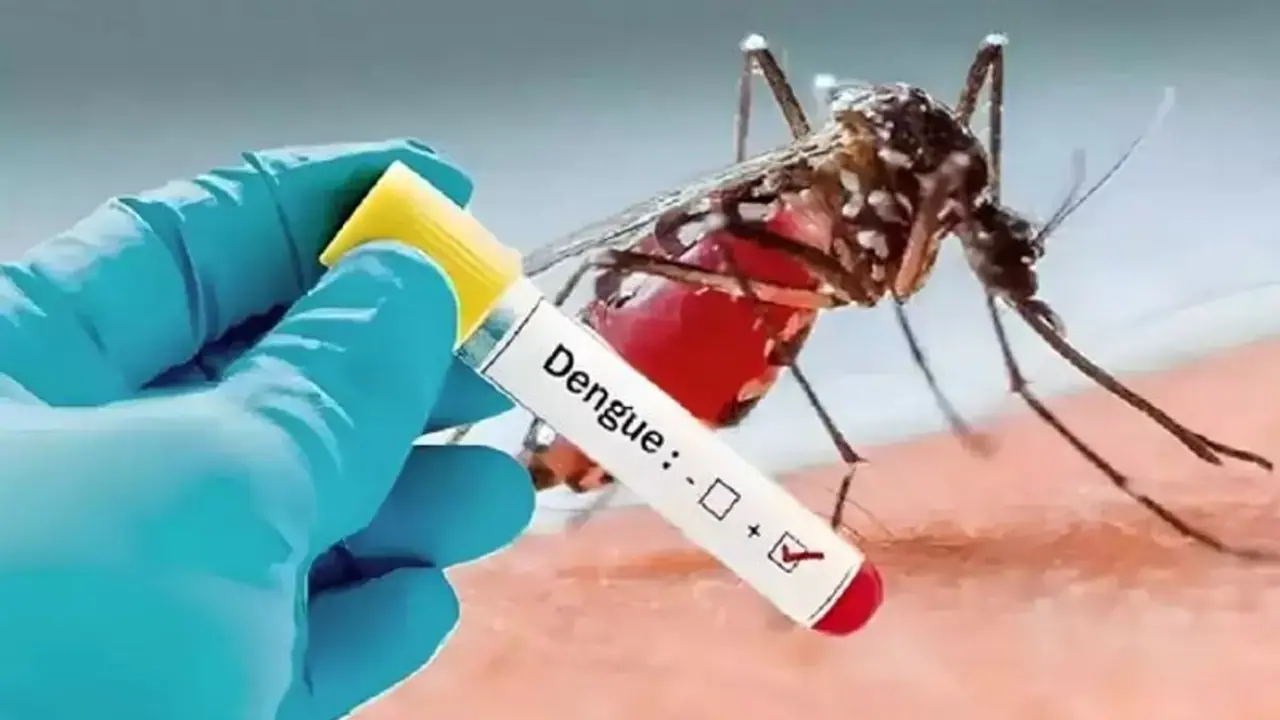Karnataka is experiencing a dengue fever surge, with 2,877 cases reported this year, up from 1,724 last year. The health department emphasizes caution, preventive measures, and prompt medical attention. Efforts include destroying mosquito breeding sites, equipping labs with test kits, and ensuring free testing and treatment at government hospitals. Public awareness campaigns are also intensified.
Karnataka is witnessing a significant surge in dengue fever cases following the recent rains, with thousands of people falling ill. The dengue positivity rate has soared to 21%, prompting the health department to advise the public to exercise caution.

The Health Department's latest statistics reveal that 2,877 people have been diagnosed with dengue fever in the past four and a half months of this year. This is a sharp increase compared to the 1,724 cases reported during the same period last year. In the last week alone, out of 879 people tested, 186 were confirmed to have dengue. Officials warn that the virus is spreading rapidly.
Dengue fever, a viral infection transmitted by Aedes mosquitoes that bite daily, typically manifests symptoms within four to ten days of a mosquito bite. The disease often begins with a sudden high fever, accompanied by pain behind the eyes, headaches, and muscle pain. With no specific treatment or vaccine available, care is primarily symptomatic.
Health experts caution that while dengue is common, it can become life-threatening if neglected. The disease causes a significant drop in blood platelet count, which can be fatal. Dr. Ansar Ahmed, Project Director of Infectious Diseases, emphasises the importance of seeking medical attention promptly upon noticing symptoms.
As a preventive measure, D. Randeep, Commissioner of the Health Department, announced that dengue control efforts have been intensified across districts experiencing heavy rainfall. Measures include destroying mosquito breeding sites and raising public awareness. Health workers and ASHA volunteers are visiting homes daily to inspect and eliminate larvae. They are also collecting data on confirmed dengue cases in district hospitals for better monitoring.
Randeep stressed the importance of equipping major laboratories with dengue test kits and ensuring hospitals have the necessary drugs. He assured that testing and treatment are free of charge at all government hospitals.
To help curb the spread, the public is advised to maintain clean water containers and prevent water from stagnating. Using mosquito nets, especially for children, pregnant women, and the elderly who rest during the day, is crucial. Additionally, those diagnosed with dengue or chikungunya should use mosquito nets to avoid further spread. Wearing long-sleeved clothing and using mosquito repellents like nets, coils, ointments, and lotions can also help prevent bites. Anyone experiencing symptoms should seek immediate medical attention.
